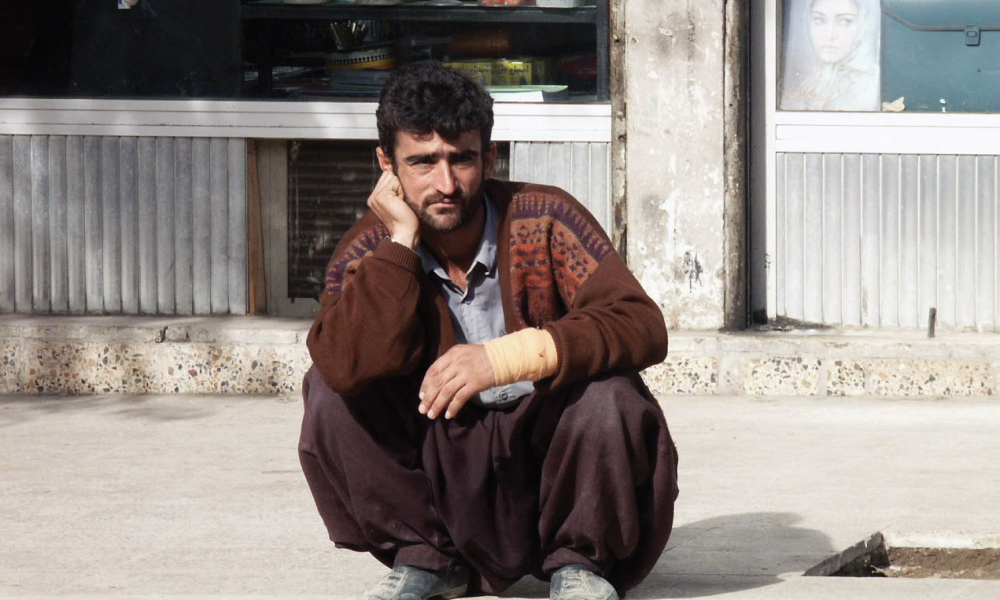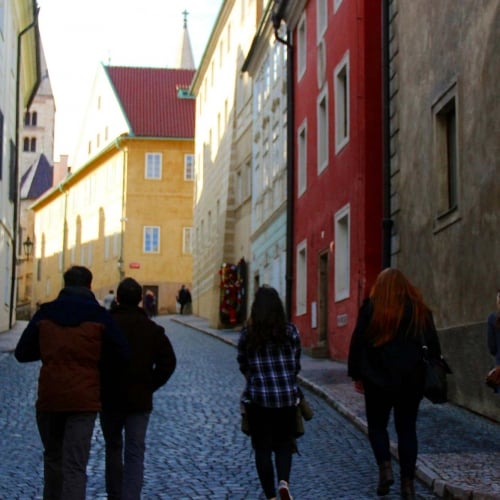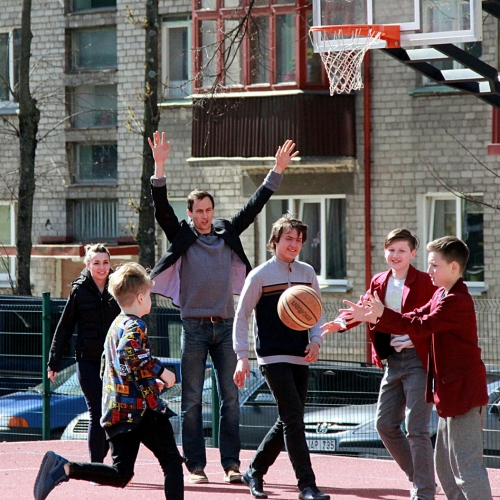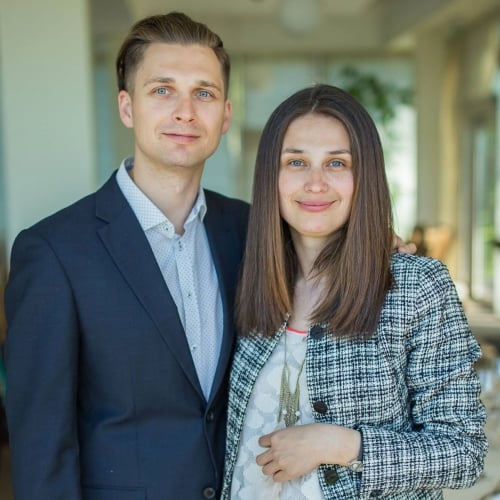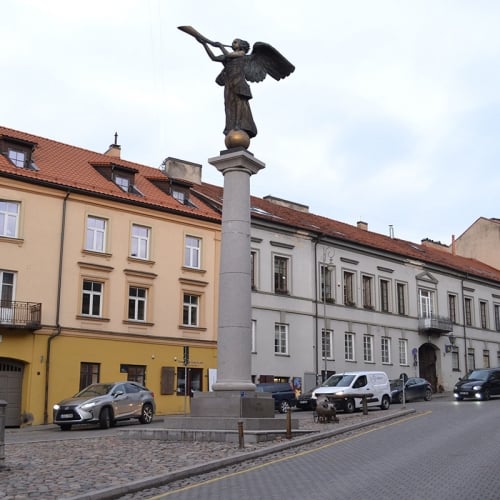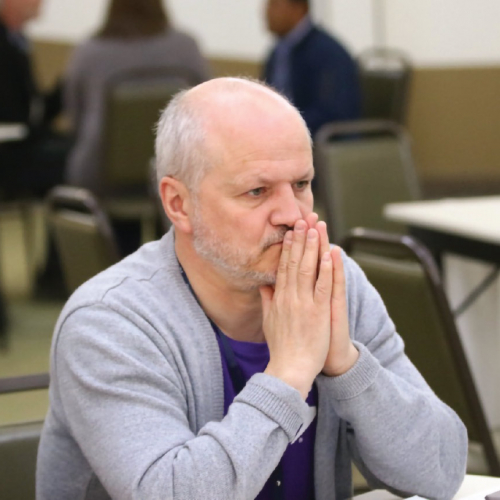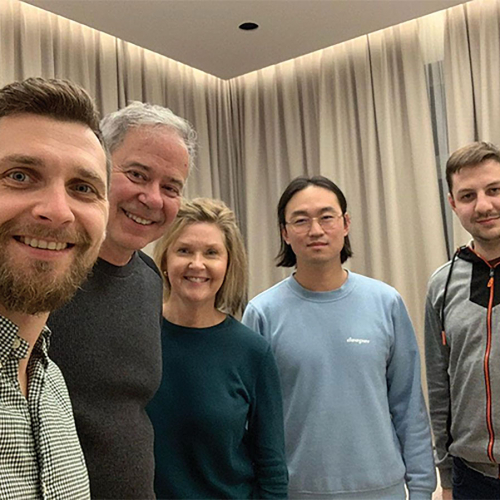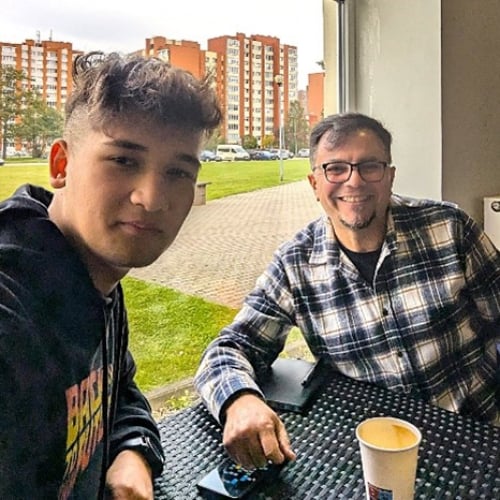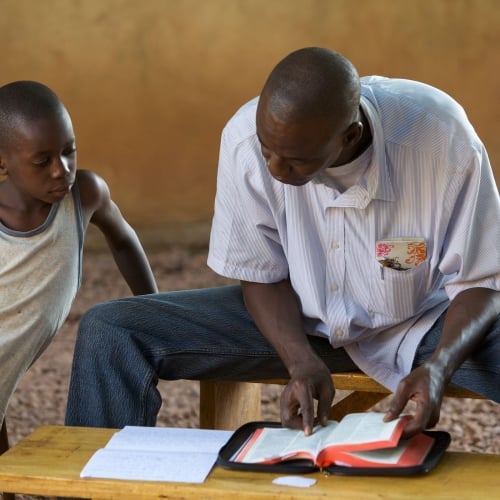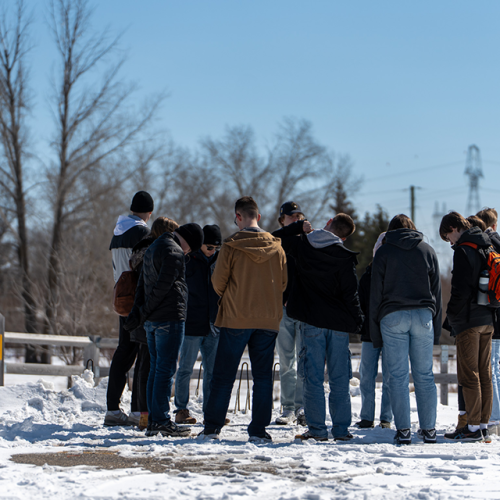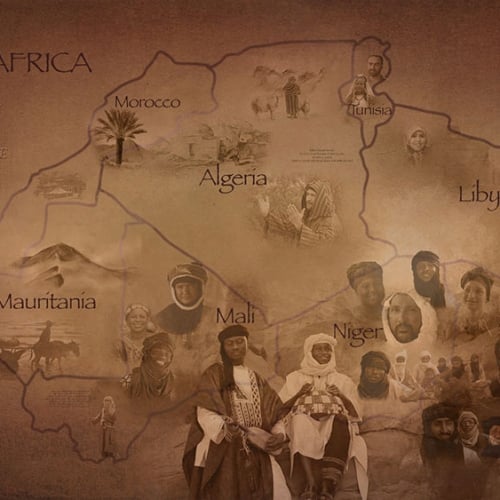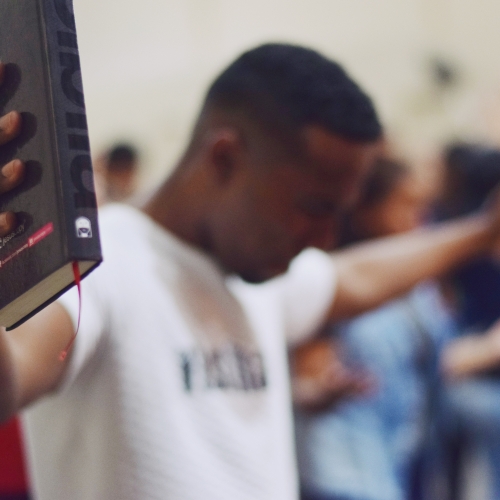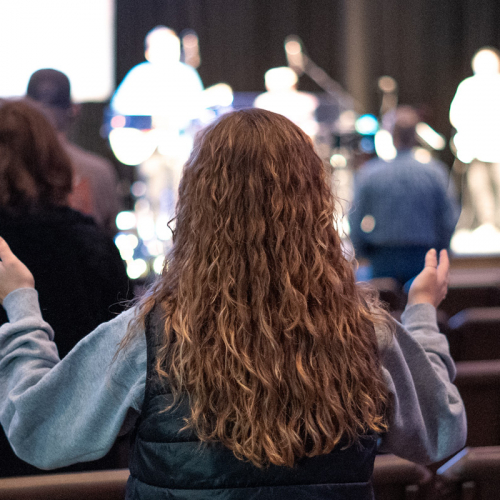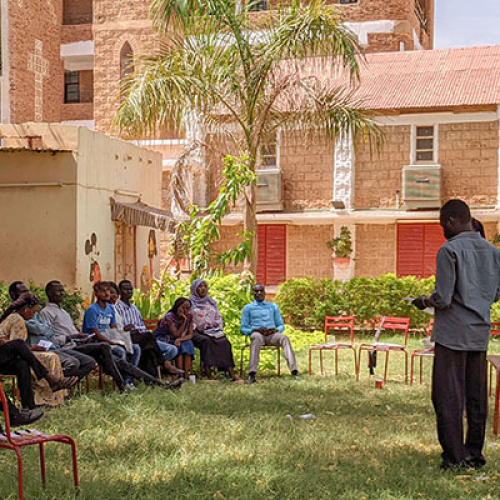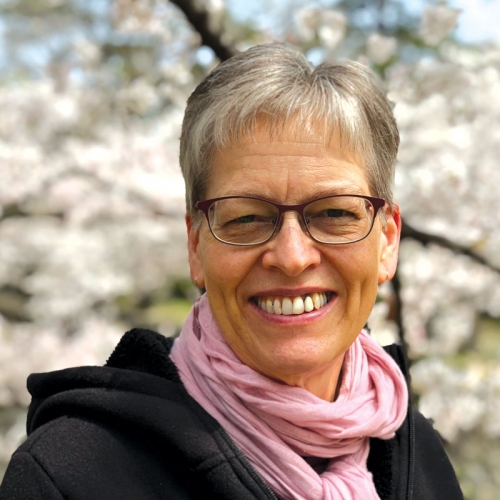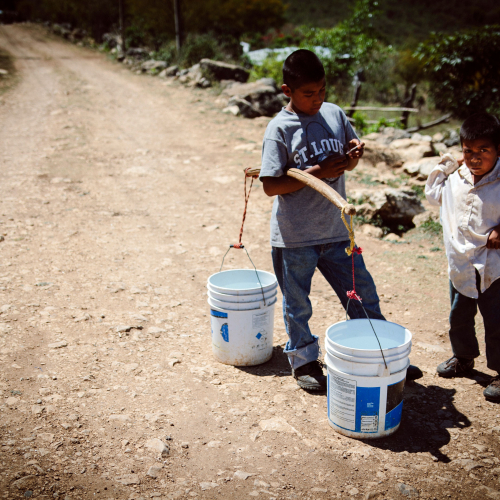In 2023, our family was ministering with another mission agency in Northern Iraq. We met a couple named Ali and Nouria, and their son. Ali, an engineer, and Nouria, a pharmacist, lived in the same building where we lived, and we were eager to get to know them. At first, they kept their distance. We knew that they were watching us, though, observing our family dynamic.
One day, after months of silence, Ali finally approached me, saying, “We have been watching your family. You are not like other foreigners. Why?”
“Perhaps because we are Christians,” I said. “We Christians have many of the same values as you do in Islam. I would love for us to share more with each other about this.” And so began a great and significant friendship.
Over time, we realized that a consideration of family was key to Ali and Nouria’s understanding of the Gospel. The Western tendency to evangelize individuals made little sense in this context. We asked ourselves, What needs to change?
Today, around two billion people identify as Muslims, not only in traditionally Islamic regions but also in Western societies. They are our neighbors, our classmates, our co-workers, and they need Jesus. While there are many core differences between us, there are also many areas of commonality. One of those is that of family. Evangelizing among Muslims requires an understanding of their value of family.
It is not so different from our own.
Muslim societies center on family gatherings in the home and at the mosque. The family is the primary institution where children learn Islamic beliefs and social norms, such as a traditional view of male and female roles in marriage, and family roles and responsibilities. In fact, about a third of the legal injunctions in the Quran deal with family matters, shaping generational behaviors and reinforcing Islamic social structure. Family matters very much to Muslims, just as it does to Christians.
We realized that a consideration of family was key to Ali and Nouria’s understanding of the Gospel.
There are, however, significant differences in how we define and experience family. While Western cultures prioritize individualism and the nuclear family unit, Muslims prioritize the extended family, spanning multiple generations, with elderly family members holding significant authority and influence. These extended households reinforce Islamic traditions and religious practices; following the teachings of the hadith, religious duties are prescribed for all family members from an early age, ensuring that each generation passes on their faith and cultural values. In short, family is the center of both social and religious continuity.
Prioritizing the entire family greatly aided us in our desire to share Jesus with Ali and Nouria, as we focused on showing how the power of the Gospel helped us to live out this foundational value. Our relationship became family to family, versus individual to individual. As we grew closer, we were also able to talk about our differences. At one point, they remarked on how Islamic marriage is traditionally more contractual, while Christian marriage seemed based on a covenant of love. I explained how Christians commit to demonstrating a Christlike love for one another, choosing to extend mercy, grace, and unmerited forgiveness. Explaining this perspective presented a challenge to their Islamic norms. It also offered a compelling alternative.
Some of the differences Ali and I discussed were also reflective of Mennonite Brethren distinctives. Our MB value of community, for example, seen in small kinship groups and house churches, aligns strongly with their Muslim value of having a safe, familial environment for spiritual growth. Also, in their culture, which prizes the extended family, our MB hospitality was very appealing, offering a diverse extended family experience; one that is radically inclusive.
Some of the differences Ali and I discussed were also reflective of Mennonite Brethren distinctives... offering a diverse extended family experience; one that is radically inclusive.
When Ali and Nouria became Christians, they were living proof of the significant role of family in communicating the Gospel’s powerful message. We learned from this experience that a modeling of love, a willingness to embody Christ’s presence, and a humble commitment to embrace cultural contextualization can profoundly impact Muslim societies, family to family.
PRAY
Pray for LCC students who have been traumatized by war and loss to become vibrant followers of Jesus Christ.

